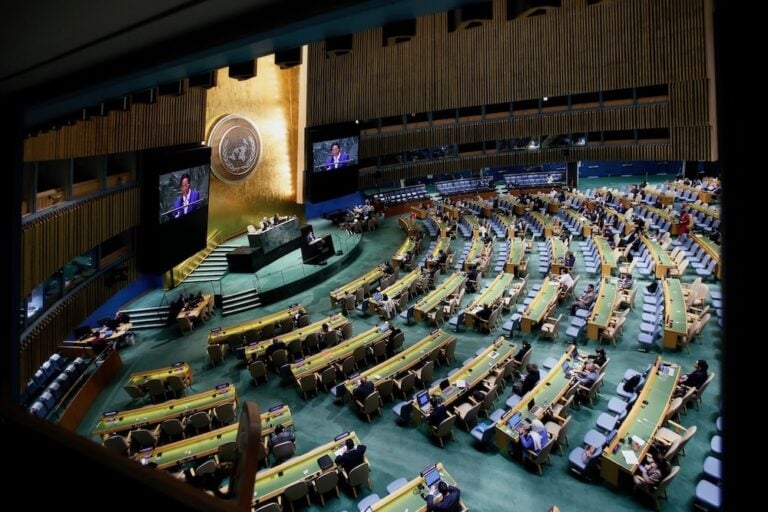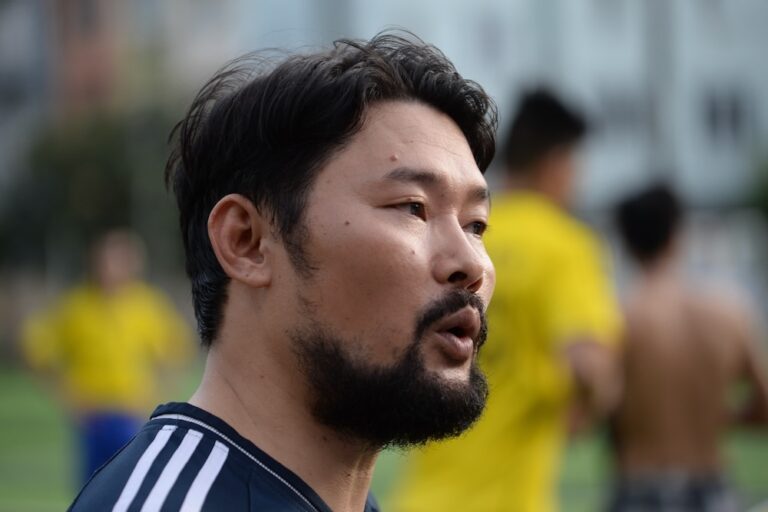(RSF/IFEX) – Reporters Without Borders has voiced dismay at the news that the Vietnamese government has decided not to renew BBC World Service correspondent Bill Hayton’s press visa. Hayton will have to leave the country by 15 March 2007. “The government has begun a crackdown on dissident groups, so administrative obstruction is used to get […]
(RSF/IFEX) – Reporters Without Borders has voiced dismay at the news that the Vietnamese government has decided not to renew BBC World Service correspondent Bill Hayton’s press visa. Hayton will have to leave the country by 15 March 2007.
“The government has begun a crackdown on dissident groups, so administrative obstruction is used to get rid of a foreign correspondent who is an embarrassing witness,” the press freedom organisation said. “This is scandalous, and shows how archaic and repressive Vietnam’s laws on the work of foreign journalists are. We urge the international community, especially the European Union, to react.”
This is the first time a foreign reporter has been forced to leave Vietnam since 2000, when French journalists Sylvaine Pasquier of “L’Express” (see IFEX alert of 14 April 2000) and Arnaud Dubus of “Libération” (see alerts of 15 December and 10 November 2000) were expelled.
The foreign ministry’s press department told Hayton on 6 March that his visa would not be renewed. Hayton announced he was being expelled at a meeting at which Vietnamese officials were present. He has been in the country since May 2006 on a visiting journalist’s visa. The authorities now refuse to give him a permanent correspondent’s visa.
Under the current regulations, a news organisation must have a bureau in the country in order to have an accredited correspondent. The BBC has complied with all the requirements but the response has been delayed without any explanation being given. According to sources in Hanoi, the public security ministry pressured the press and immigration services into forcing Hayton to leave.
Hayton seems to have irritated the authorities by his coverage of the repression of dissidents. Like many of his colleagues, he refused to comply with the Vietnamese rules requiring foreign journalists to request permission to interview a Vietnamese five days in advance.


